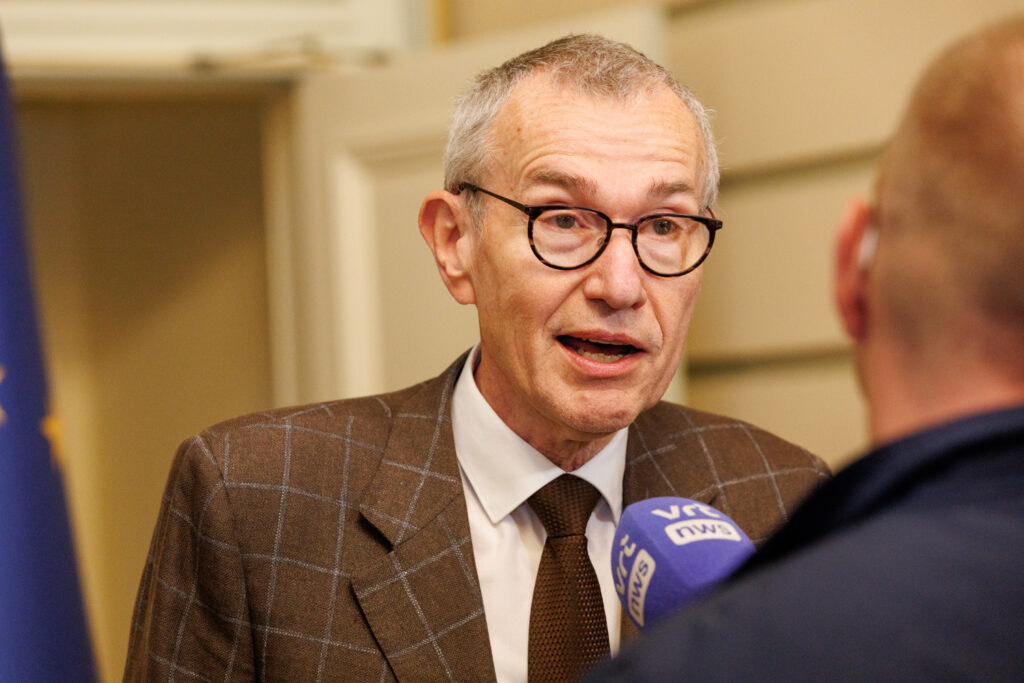Several at-home nursing services will no longer require a prescription, announced the Federal Health Minister Frank Vandenbroucke on Wednesday. The decision aims to reduce administrative burdens.
Home nursing services allow healthcare professionals to perform several care procedures at home. These services are performed by visiting nurses.
Last year, visiting nurses were granted more responsibilities as part of a broader reform of the nursing profession. However, a visiting nurse still needed a prescription to administer medication, in addition to a prescription for the medication itself; otherwise, patients wouldn't be eligible for reimbursement.
This necessity for a prescription is set to be abolished soon: the National Institute for Health and Disability Insurance (RIZIV) approved a proposal for this change this week.
Vandenbroucke (Vooruit) emphasised that this change aims to allow healthcare providers in-home care to dedicate more time to their patients by eliminating daily administrative burdens, making care more manageable. He also pointed out that patients would no longer need to visit a doctor unnecessarily for procedure prescriptions.
Related News
- Easter Agreement 'stigmatises' people with long-term illnesses, doctor warns
- Augmented reality used in groundbreaking tumour surgeries in Belgium
- Pharmawatch: Belgian investigation takes down websites for illegal medication sales
The new regulation will enable nurses performing home nursing services to independently perform a wide range of procedures, such as various injections, bladder catheterisations, wound care, and gastric tube catheter placements. The regulation is expected to take effect in September.
This measure is designed to simplify patient monitoring during treatment, with doctors still initiating treatments and prescribing medications.
"This policy benefits everyone," remarked Vandenbroucke. "Nurses receive recognition and can focus more of their time on patient care. Patients do not need to visit a doctor for a prescription, and there are fewer unnecessary consultations for doctors. In this way, we care for both the people and those who provide care."

